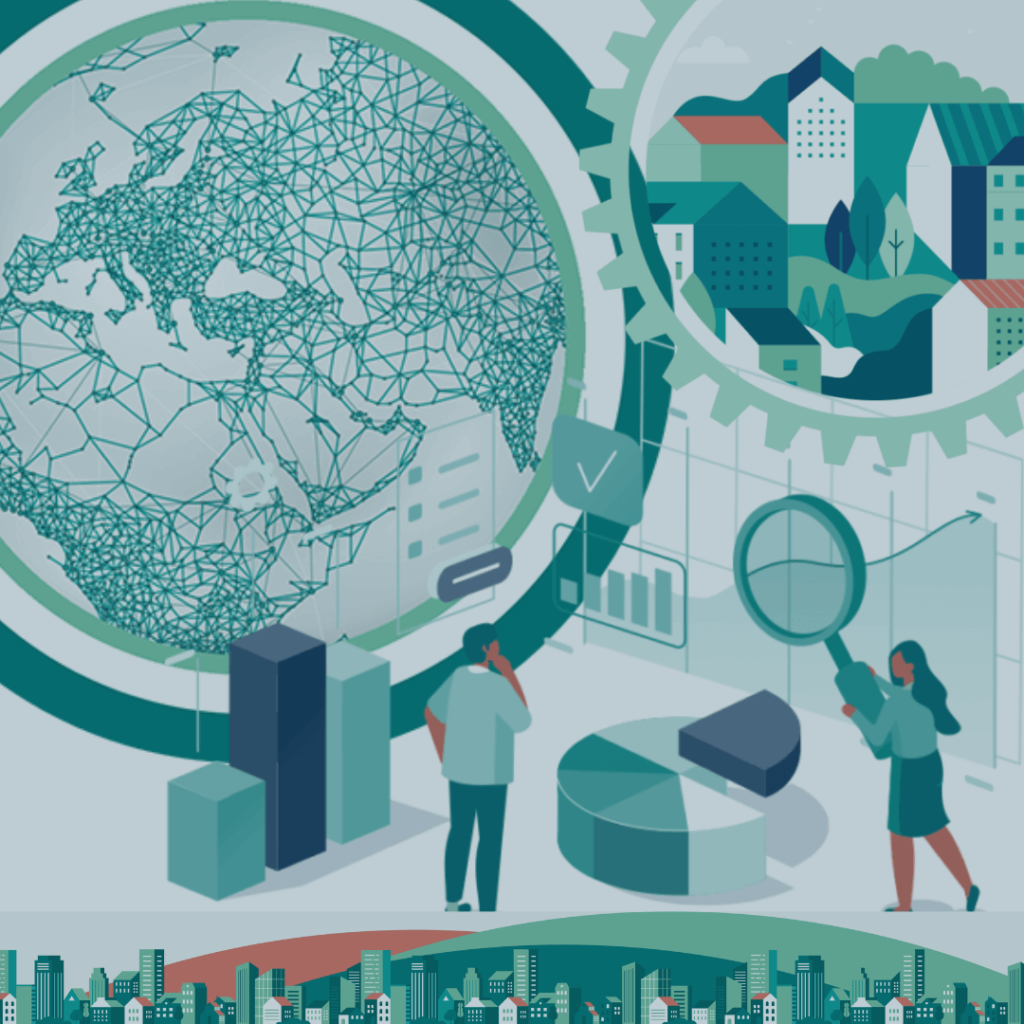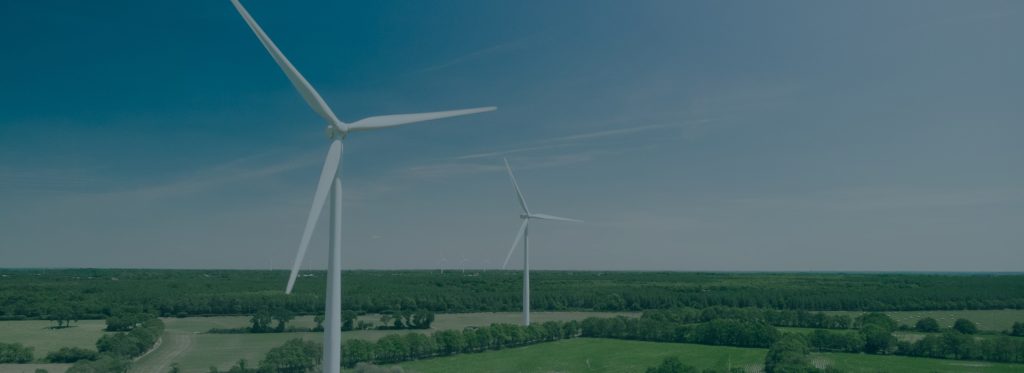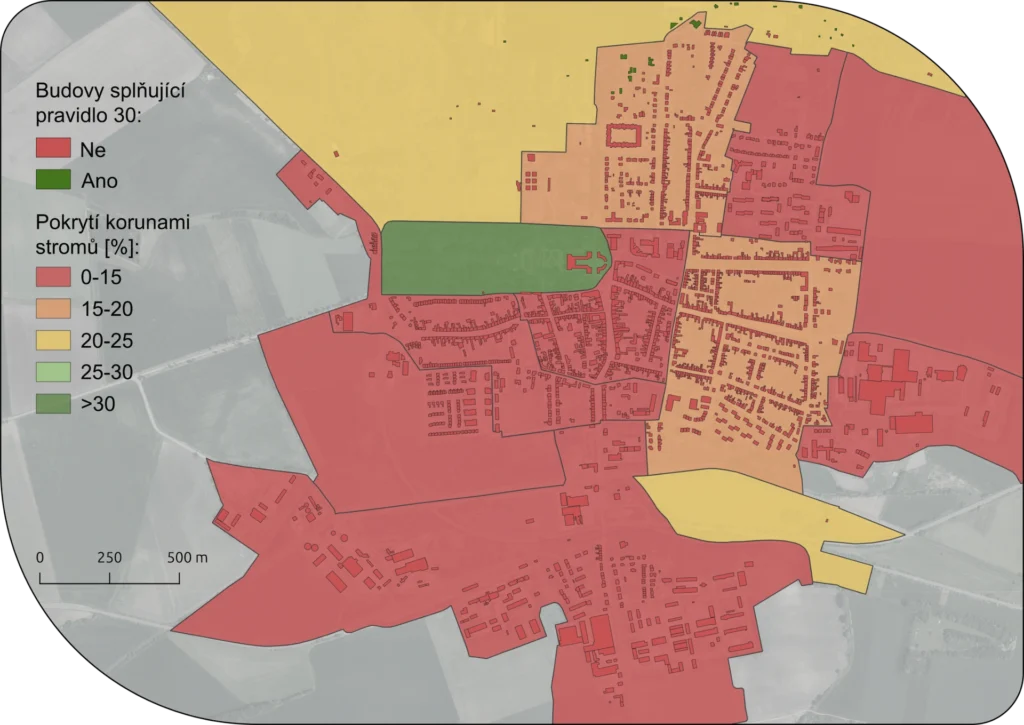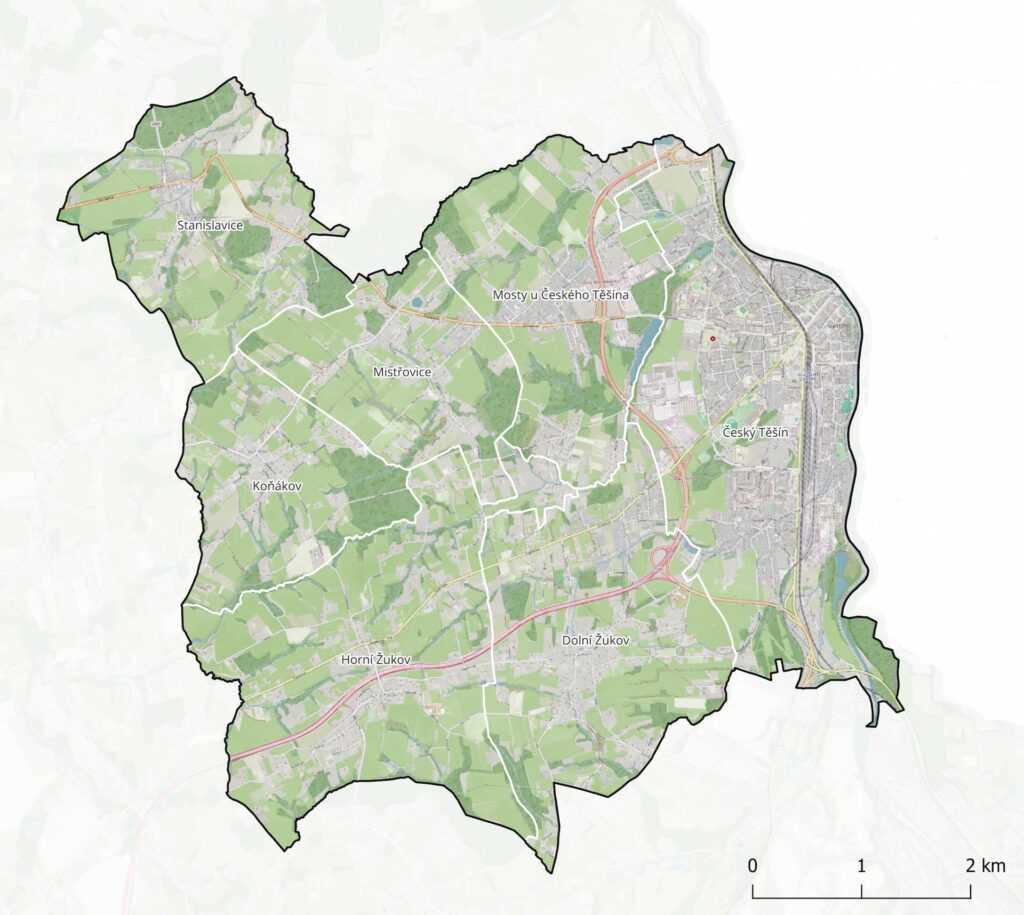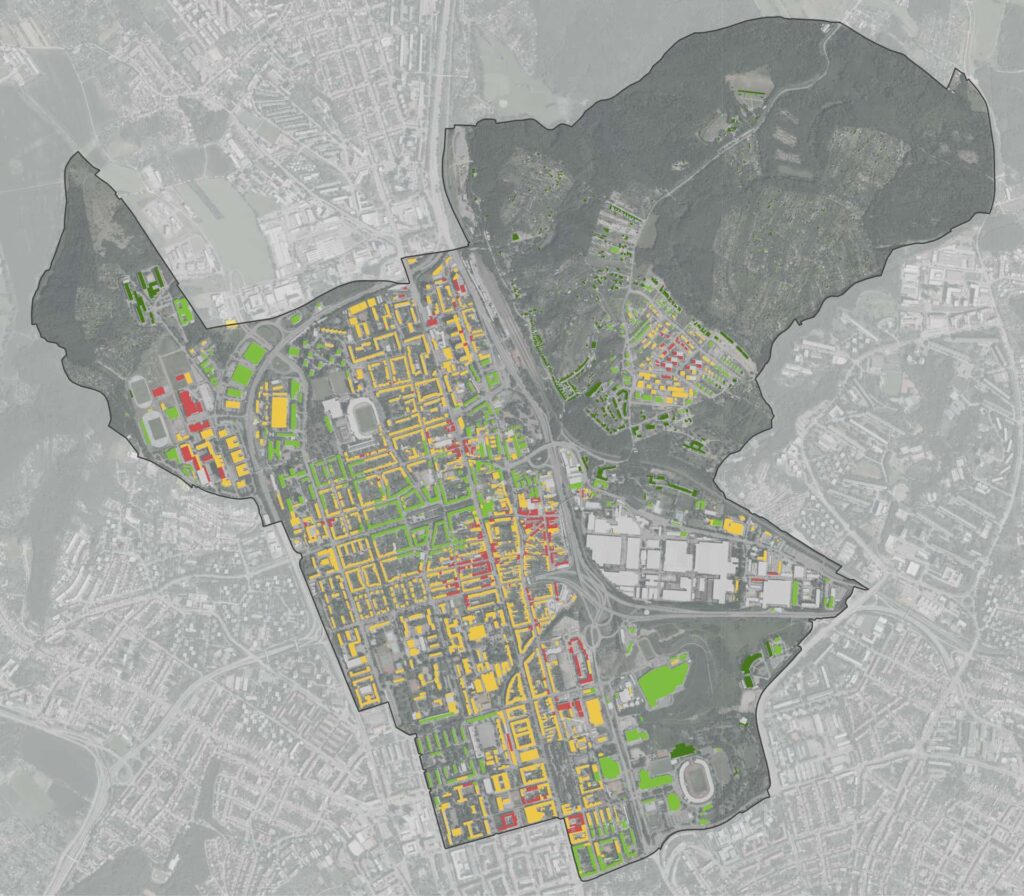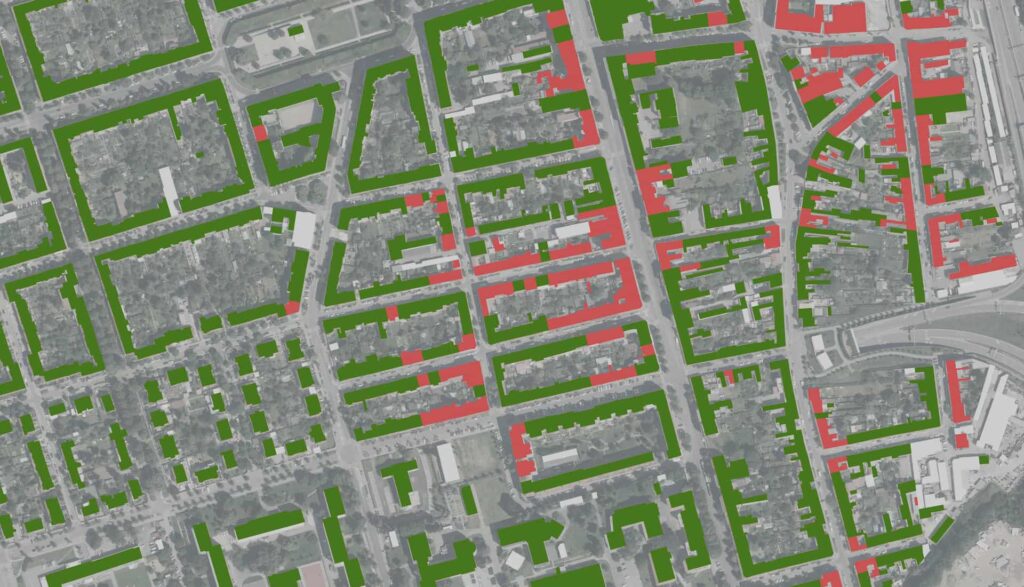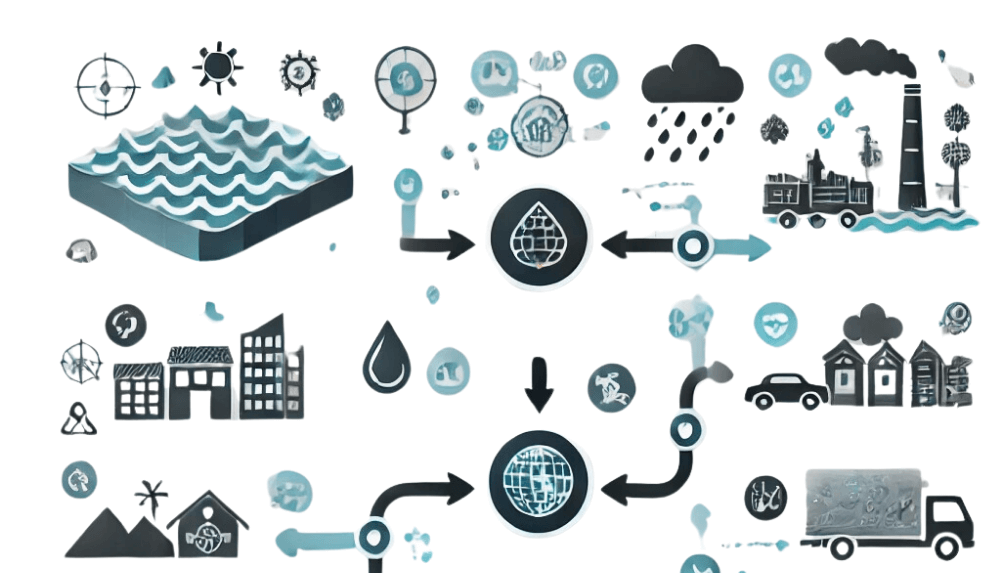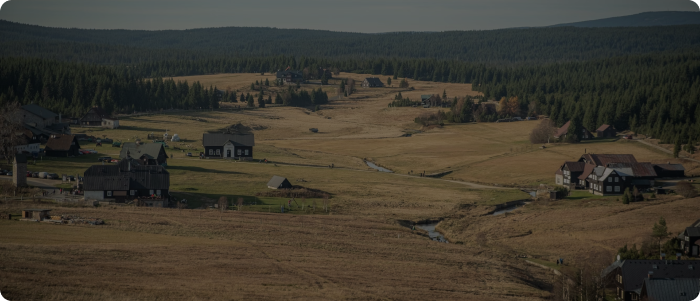Energy can be considered the cornerstone of modern society and is the driving force behind economic growth. It powers industrial production, transportation, technologies, heats our homes, and powers the appliances we use daily. The world has globalized thanks to it. Without a continuous supply of sufficient energy, our economy and lifestyle would not have reached their current level, nor could they be maintained there. Fossil fuels, such as coal, oil, and natural gas, initially played a crucial role in the development of modern society. Since the beginning of the Industrial Revolution, their consumption has rapidly increased, enabling us to achieve similarly rapid development of our society.
However, we extract fossil fuels at a rate several orders of magnitude faster than the time needed for their renewal, and they are rightly not considered a renewable resource. Additionally, their formation, which took millions of years, has bound vast amounts of carbon, which is released back into the atmosphere as CO2 during combustion, thus disrupting the natural carbon cycle, affecting both the atmosphere and the oceans.
The non-renewability of fossil fuels also necessitates the search for new deposits after one is depleted. Europe, the continent where the Industrial Revolution began, has largely exhausted these resources and imports most of its energy. In addition to the environmental dimension, this adds a dimension of dependence on regions with ample fossil fuels (there is still a global abundance). In 2021, the EU imported 83% of its natural gas needs and approximately 95% of its oil. The dependency on coal is “only” about 40%.
The current transformation of the energy sector, shifting towards renewable energy sources (RES) and generally reevaluating the use of fossil fuels, should not be seen only as needless “green madness mandated by Brussels” (as it is often presented by some media and politicians), but also as a rational path to ensuring energy security not only for our country and the broader region but also for individual communities, cities, and their residents.

